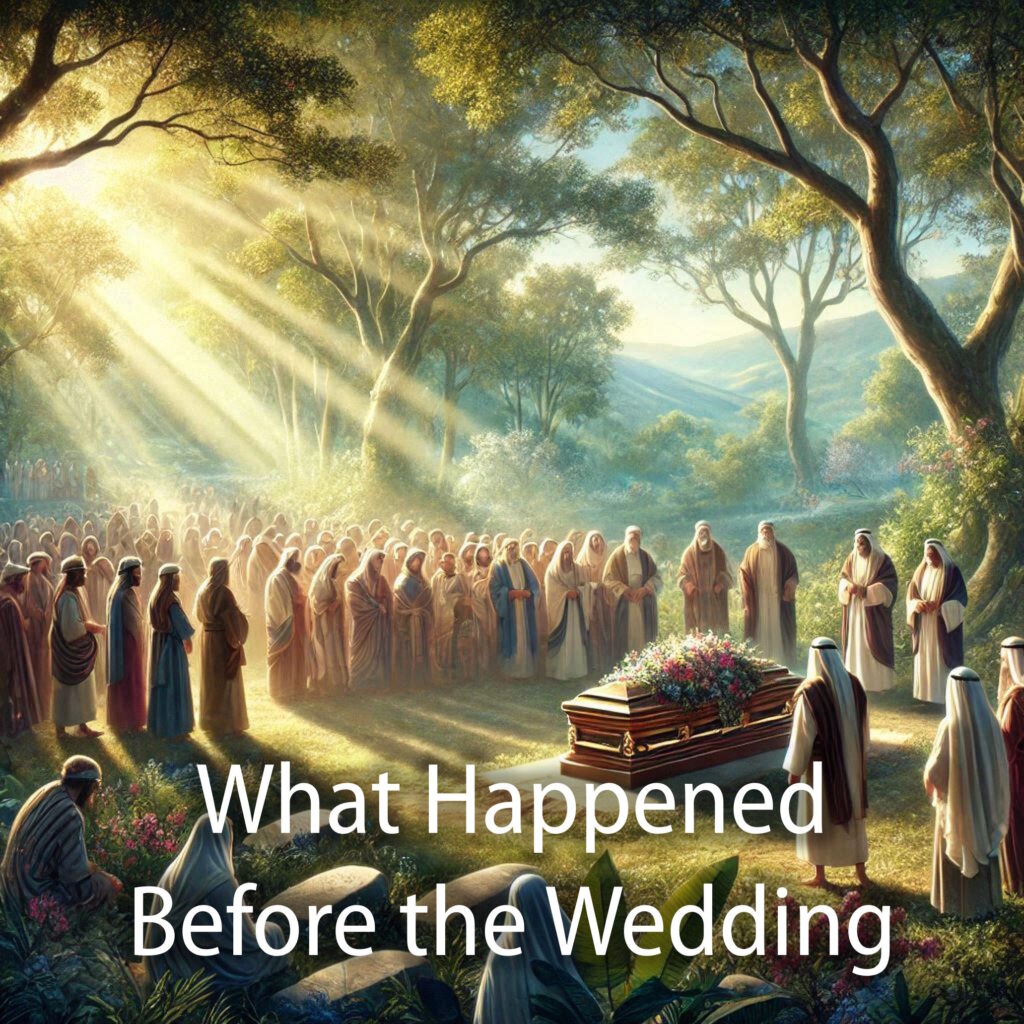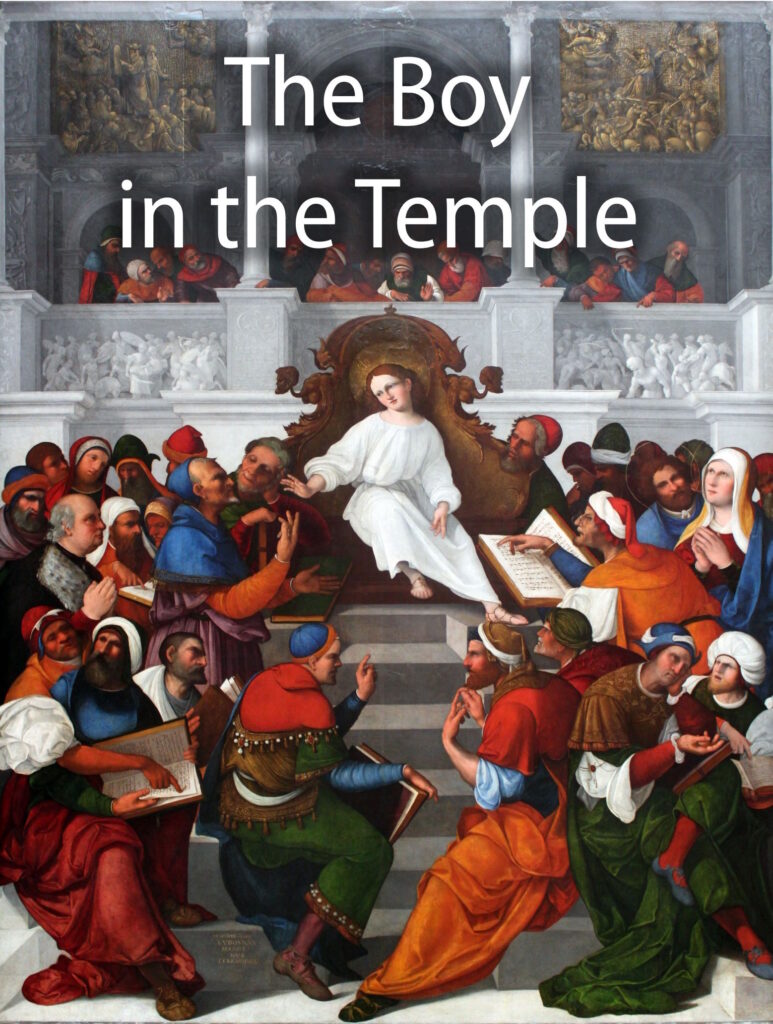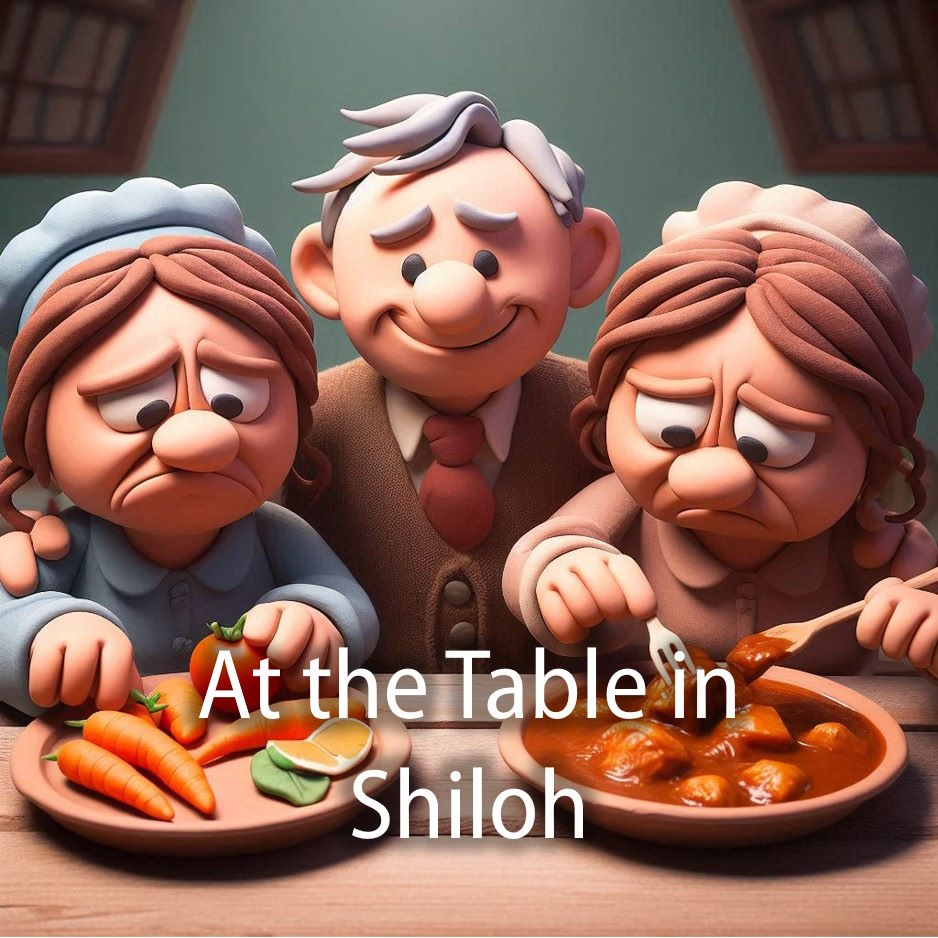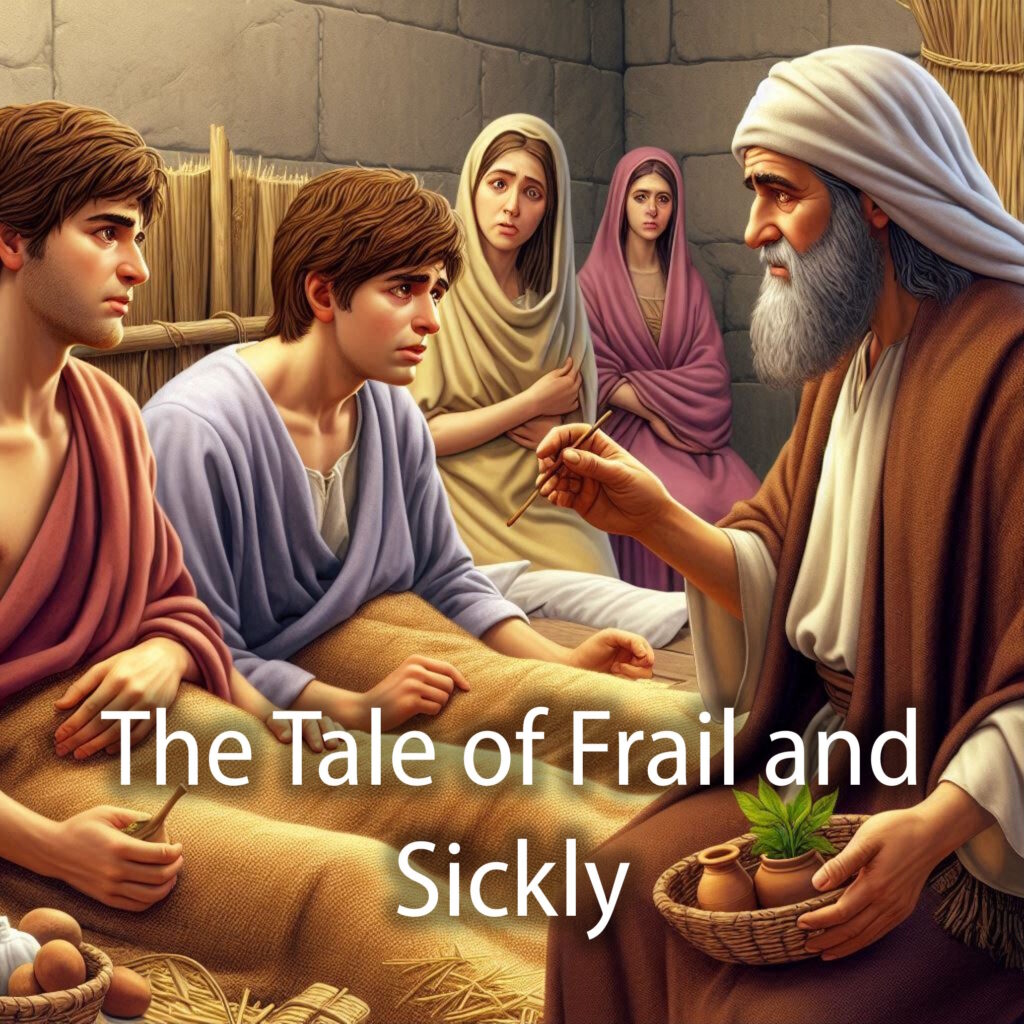Hespeler, 19 January 2025 © Beth Anne Fisher – Amalgamation Sunday
Genesis 24:42-67
Rebekah was not out looking for a husband. She didn’t leave the house that evening with any prior awareness of what next twenty-four hours would hold. She was living her life as it had always been. She was taking care of her responsibilities, contributing to her family’s well-being, labouring on their behalf.
Then someone approached her with a request. “Please offer your jar that I may drink.”
And she responded with generosity. “I will draw water for your camels also.”
Her generosity was met with generosity in-kind - jewelry of gold, and a request for accommodations. A brief interaction became a conversation, a conversation became hospitality, which created space for a story to be told, and from that story, a decision was made. A marriage was set.
If we see this story as an image of the amalgamation that occurs today, two things stand out for me about Rebekah and her role in the story. Firstly: the life that she was already living opened the way for something she could never have predicted. She was going about business as usual, and business as usual for Rebekah included a readiness to interact with, to help, and to support strangers and travellers.

Similarly, St. Andrew’s Hespeler, from what I understand, was not looking to amalgamate this year. You were living your life as a community, walking out your commitments to community care, worshipping together, and doing what has been in front of you for some time.
And then came an invitation to conversation, the initiation of a discernment process that built upon itself in mutual dialogue, storytelling, a sharing of history, vision and values. Over these conversations, it became clear to both parties that God was at work. For Knox Preston, their clarity came largely from the way that St. Andrew’s is already living and from your openness to what is currently being called “The Preston Presence”; like Abraham’s servant asked of God to show him the right person by a marker of generosity, Knox Preston came into the conversation about amalgamation asking not only for a place they could call home, but for a partner willing to expand their scope of care to include the Preston community. St. Andrew’s has shown a generosity of spirit in this dialogue, a desire and a vision to not simply take the assets (human, financial, and otherwise) that Knox Preston offers, but also to ask how an expanded congregation might likewise expand their impact on the community around them.
So thank you, St. Andrew’s, for both the character of the life you were already living before Knox Preston entered the picture, and also for your willingness to consider the camels, to look beyond and see the needs of those nearby.
The second thing that stands out to me about Rebekah’s role in this story is her willingness for this wedding to take place right away. Her family asked for things to slow down. They weren’t ready to say goodbye, for their own lives to change as she moved far from them. This is no small shift in her life, in the lives of her family, or in the life of her husband-to-be! And Rebekah decided that she was ready enough to start now.
We all know that this amalgamation has come together quite rapidly. Perhaps there are people from both St. Andrew’s and Knox Preston who are feeling rushed, who are wishing for a little more time to say farewell or to prepare for what will be different now. That is more than understandable! No one thinks Rebekah’s family was unreasonable in asking for a little more time.
The invitation I want to offer, the question I want to leave us with is, “Could we be ready enough?” What might it look like if we, like Rebekah, choose to set our attention and focus on what is ahead of us, to gather our resources and our community and go forward into a future that we hadn’t even considered a very short while ago? How have the ways we have already been living prepared us to bring generosity, hospitality, and stories of God’s leading and goodness to build a new relationship, a formidable partnership, a family of faith?
Hespeler, 19 January 2025 © Scott McAndless – Amalgamation Sunday
Genesis 24:42-67
It was evening and Isaac went out of his mother’s tent to walk in the fields in the cool of the evening breeze. He had come from Beer-lahai-roi and settled here in the Negeb Desert some time ago. It was a harsh and dry place where little grew, but there was something about living in such a place that appealed to him these days.
He spent his time in hard labour, working relentlessly just so that his flocks and herds survived. But it kept him busy which meant that he didn’t have a lot of time to think, and that suited him just fine.
What Isaac had Lost
He didn’t want to think about what he had lost – how his mother had died leaving a huge gaping hole inside him. And he didn’t want to think about how he hadn’t even been there to bury her – how he had been so angry at his father (who he blamed for her death) that he could not bring himself to be present as his father went a buy a piece of property for a tomb and lay her to rest. He wanted to block all of that out and so he filled his days with busyness.
But when evening came and the stars came out, when sleep eluded him as it so often did, he would go out and walk in the fields and all of his thoughts and feelings came flooding back to him.
An Answer to Loneliness
The aching hole that the loss of Sarah had created in him became overwhelming. Being alone there in the field, as the magnificence of the stars slowly appeared above him, should have filled him with awe at the Creator, but it only served to remind him how crushingly lonely he was.
But then he heard a strange sound in this isolated locale. He looked up and saw a long camel train approaching. In the half-light he could make out the silhouette of a young woman climbing down from the back of one of the beasts. And suddenly he knew that, while the challenge of ongoing survival might not be over, something bigger than just him and his needs had suddenly intruded. Nothing would ever be quite the same again.
The Struggle to Survive
There are things that often conspire to bring us down in this world. Life is hard and so the struggle to just survive, to make it through one more day, can consume us. That can be true for us as individuals, but it seems especially true for us as congregations these days.
Declining membership and attendance, the givings dropping off while expenses only seem to rise, it all makes it feel as if we are always at threat. Perhaps even more challenging is the seeming loss of societal relevance and privilege within the culture. These kinds of situations have pushed many of our congregations to the place where they simply focus on keeping the doors open and the lights on.
More than Survival
I know that that is absolutely something that helped to bring Knox Preston to a place of crisis. They were in a situation where they were using all of their energy just to survive. I’m glad we’ve not gotten to that place at St. Andrew’s Hespeler, that we have been able to continue to direct lots of energy towards our mission and outreach, but it does seem that getting to that place of survivalism is awfully close for many churches these days. That is what Isaac living in the Negeb desert represents.
But I think that the image of him walking under the stars in the evening represents him dealing with his losses and challenges while yearning for something more. And that is also something that has brought us to where we are today. The good folks at Preston felt a yearning for something more than just survival. They wanted to be a part of something that had a larger sense of vision and mission.
God’s Challenge
And what about us here at St. Andrew’s Hespeler? We have been able to keep our eyes raised above the question of mere survival, but does that mean that God hasn’t been challenging us to look for something more?
I think, more than anything, God has been challenging us to look beyond the walls of our building and that immediate impact we’re able to have. God has been showing us that it is not enough to just try and make it on our own while we ignore other congregations and how they may be struggling. In short, when we have time to ponder as we walk in the desert fields in the evening, we recognize that God may be calling us to embrace a whole new model of ministry.
Not an Ultimate Solution but a Beginning
Well, today it finally happens. Rebekah dismounts from the camel, Isaac greets her with joy and takes her into the place that he has inherited from his mother, the church. And, by the way, please note that I have been very careful not to say who is Rebekah and who is Isaac in this scenario because in a sense we are all both of them.
A wedding, no matter how beautiful, isn’t going to get rid of your flaws and problems. It is not going to solve anything on its own. Any wise couple knows that they have to keep working on their personal issues, they just have the benefit of being able to work on them together. And, by putting together their strengths and weakness and discovering how they can complete each other, they also realize a much greater potential for the future than they would have had apart.
It is the same with an amalgamation. It doesn’t solve anything on its own. But just as Isaac and Rebekah came together to form one of the most formidable couples in the entire Bible, I am totally excited about the potential that is here in this union.








